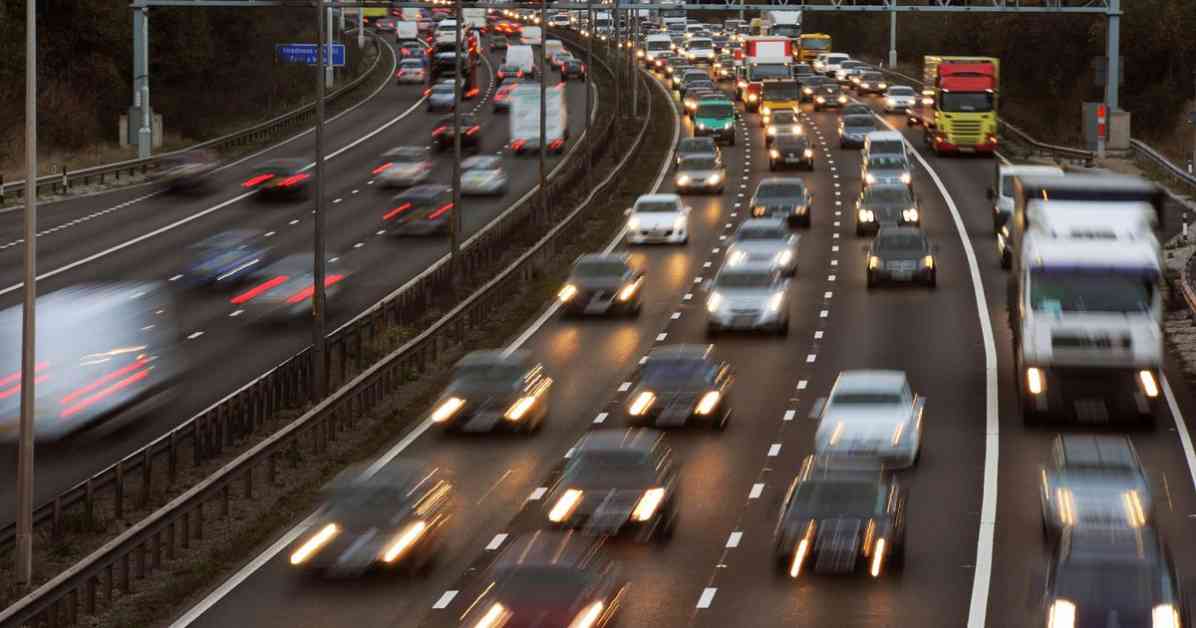Major Car Brands to Face Hefty Tax Hike
A significant shake-up in the world of car taxation is on the horizon, with a whopping 59 vehicles from 24 different brands gearing up for a substantial £2,745 increase in car tax starting in April 2025. Among the affected manufacturers are household names like Ford, BMW, and Mercedes, as well as high-end luxury brands like Porsche, Lotus, Lamborghini, and McLaren.
Reasons Behind the Tax Surge
The root cause of this impending tax hike lies in the recent adjustments made to Vehicle Excise Duty (VED) rates, as unveiled in the Autumn Budget by the Labour party. Chancellor Rachel Reeves has made it clear that the goal is to incentivize consumers to shift towards electric vehicles by widening the gap between ‘higher polluting’ vehicles and EVs. This move is part of a broader effort to reduce carbon emissions and combat climate change.
Impact on Car Owners
The new VED rates will hit owners of new petrol, diesel, and hybrid vehicles the hardest, with first-year charges set to double in many cases. Models emitting over 255 g/km of CO2 will face the steepest increase of £2,745, forcing owners to dig deeper into their pockets. Even popular mid-market brands like Ford and Toyota will not be spared from the financial blow.
Government’s Push for Electric Vehicles
Chancellor Rachel Reeves emphasized that the government is committed to accelerating the transition to electric vehicles. To encourage this shift, EV owners, who were previously exempt from VED, will now face a modest £10 charge for the first year. The government is also extending various incentives, such as maintaining EV incentives in the Company Car Tax regime and offering 100% First Year Allowances for zero-emission cars and EV charge points.
In conclusion, the car industry is bracing for a significant financial hit as the new VED rates take effect. Car owners across the board will need to prepare for higher taxes, with those driving high-emission vehicles facing the most substantial increases. As the push for electric vehicles gains momentum, it’s essential for consumers to consider the long-term environmental and financial benefits of making the switch.













